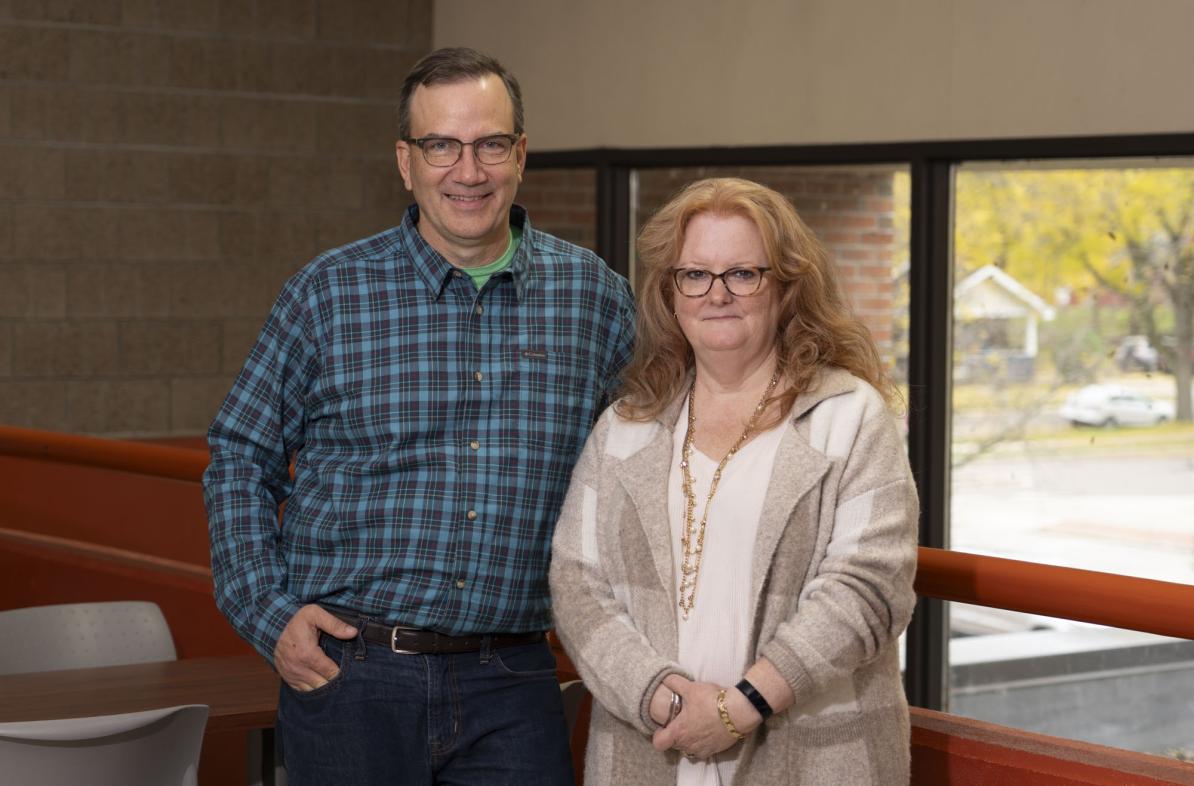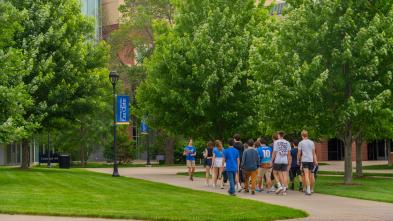Featured Image
For the media

Title
UW-Eau Claire grant expands access to services for people with traumatic brain injuries
Story Categories
Authored on
UW-Eau Claire grant expands access to services for people with traumatic brain injuries
Published on:


